Introduction

For every parent, their child's health and well-being are paramount concerns. Unfortunately, the air we breathe indoors can be polluted with various contaminants, posing potential risks to children's delicate respiratory systems. This is where air purifiers come in – acting as guardians of clean air and promoting a healthy breathing environment for your little ones.
Why Air Purifiers Matter for Babies
In the early stages of life, babies are particularly vulnerable to the effects of air pollution. Their respiratory systems are still developing, making them more susceptible to irritants and allergens like dust, pollen, and pet dander. Air purifiers can significantly benefit your baby's health by:
- Reducing allergens and irritants: By removing harmful particles from the air, air purifiers help prevent allergic reactions and respiratory issues like asthma and eczema.
- Protecting against bacteria and viruses: Air purifiers capture airborne bacteria and viruses, minimizing the risk of infections and illnesses such as colds, flu, and RSV.
- Improving sleep quality: Clean air promotes deeper and more restful sleep, vital for your baby's development and overall well-being.
- Boosting lung health: By minimizing exposure to harmful pollutants, air purifiers protect your baby's developing lungs, promoting healthy growth and function.
Choosing the Right Air Purifier for Your Baby

There are several important factors to consider when selecting an air purifier for your baby's room:
Safety and Performance
- National standards and certifications: Look for air purifiers that meet established safety and performance standards, such as those issued by ETL/FCC or CARB. These certifications ensure the air purifier operates safely and effectively.
Effective Filtration
- HEPA filter: Opt for air purifiers equipped with HEPA filters, which are capable of capturing 99.97% of airborne particles as small as 0.3 microns. These filters effectively remove dust, pollen, pet dander, and other allergens.
- Activated carbon filters: Consider air purifiers with activated carbon filters to remove odors and harmful gases like VOCs (volatile organic compounds) which can be emitted from furniture, paint, and cleaning products.
- Quiet operation: Choose a model with quiet operation, ensuring your baby's sleep is not disrupted. This is particularly important for newborns and infants who are sensitive to noise.
Child-Friendly Features
- Soft wind speed: Opt for an air purifier with adjustable fan speeds to provide gentle air circulation that won't disturb your baby.
- Cute and appealing design: Choose a model with a child-friendly design that complements your baby's room and may even attract their attention.
Room Size and Needs
- Air changes per hour (ACH): Consider the size of your baby's room and choose an air purifier with sufficient air cleaning power to achieve at least 5 ACH. This ensures the air is effectively filtered and purified throughout the room.
- Specific needs: If your baby has allergies or sensitivities, look for air purifiers with features that address those specific needs, such as allergen removal or odor control.
Maintaining Your Air Purifier
- Regular filter replacement: Replacing filters according to the manufacturer's instructions is crucial for maintaining optimal air purification performance.
- Cleaning and maintenance: Follow the manufacturer's instructions for cleaning the air purifier and its components regularly to ensure it functions optimally and hygienically.
Conclusion
Investing in a high-quality air purifier specifically designed for children is a wise choice for parents who want to protect their baby's health and promote healthy development. By ensuring your child breathes clean, safe air, you can provide them with the best foundation for a happy and healthy life.

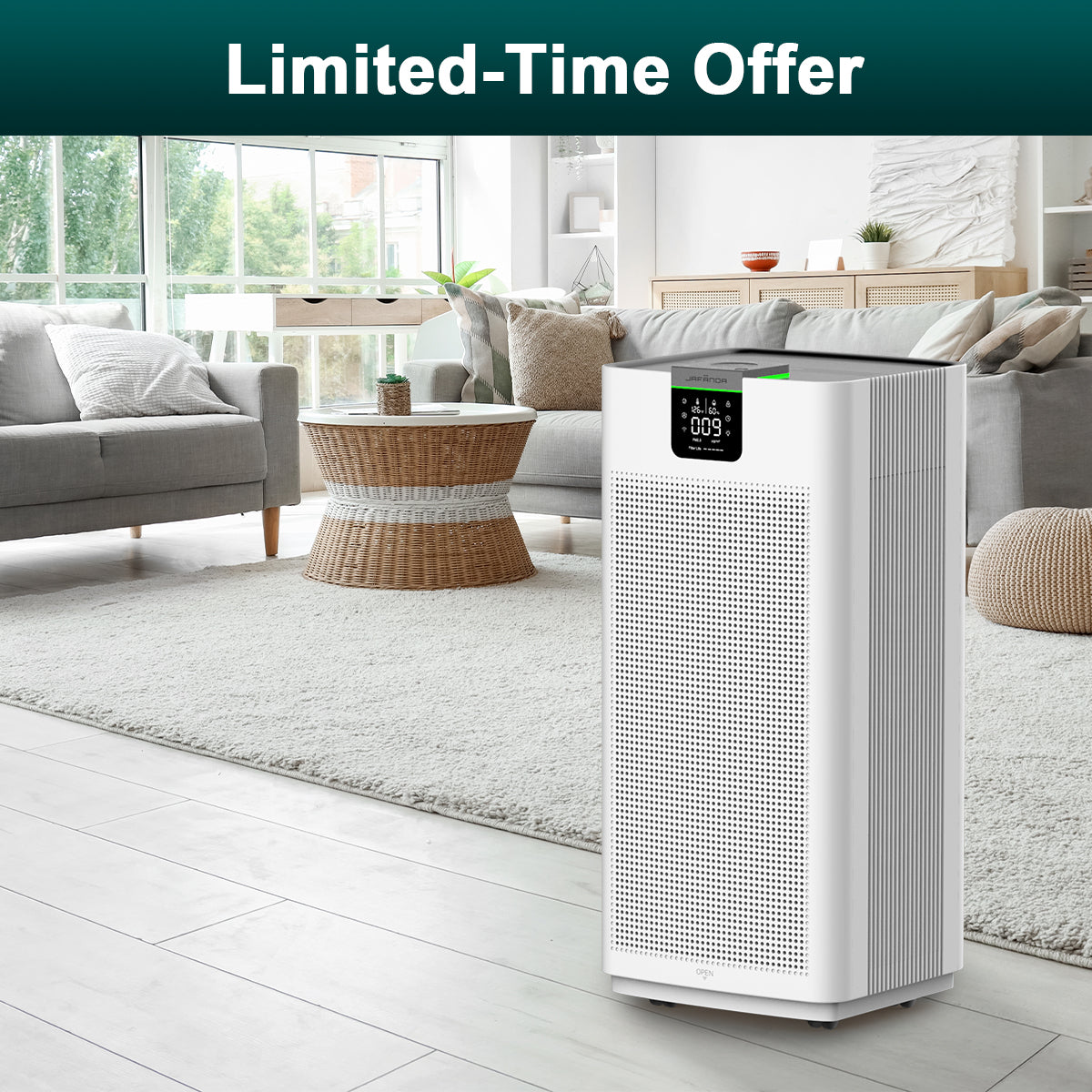
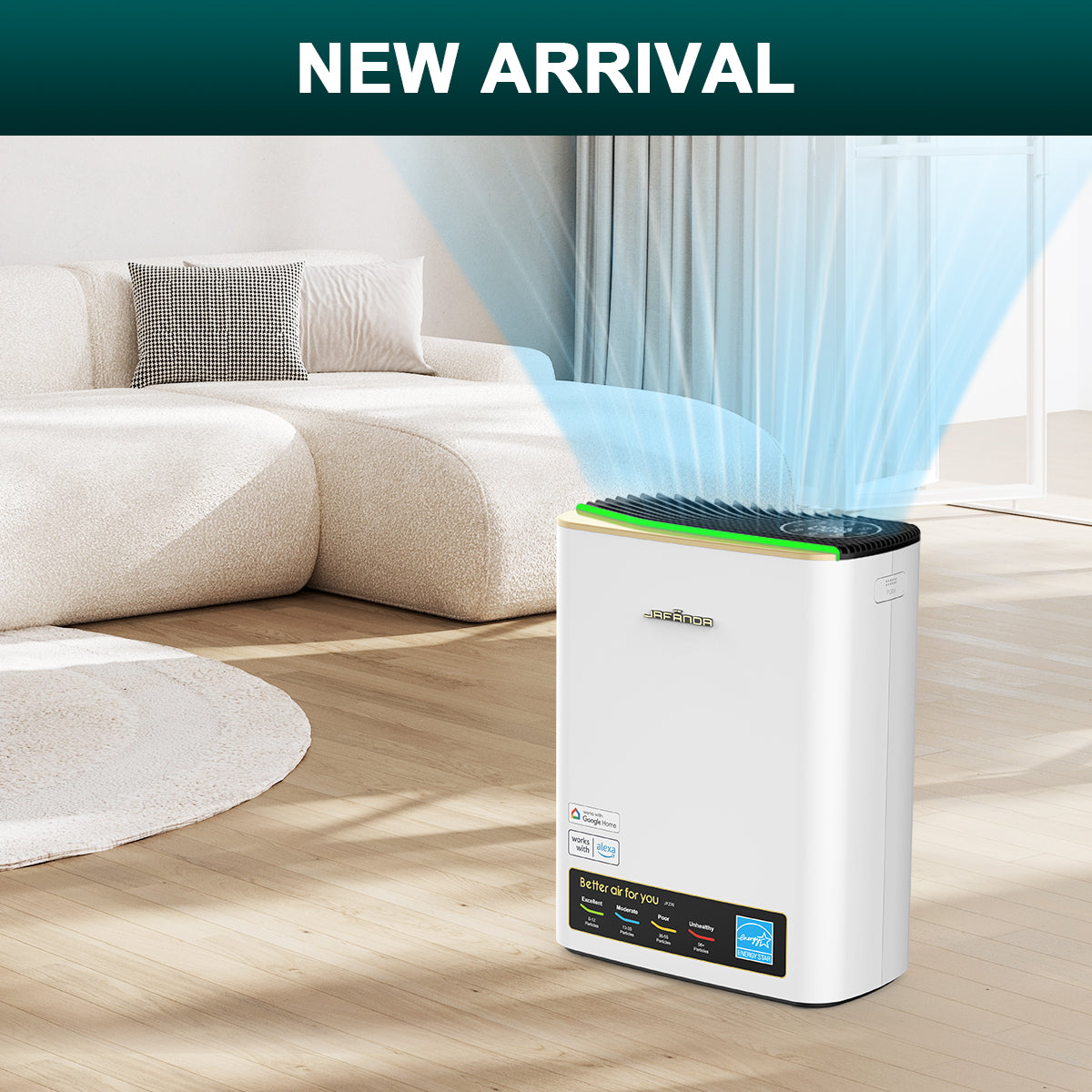
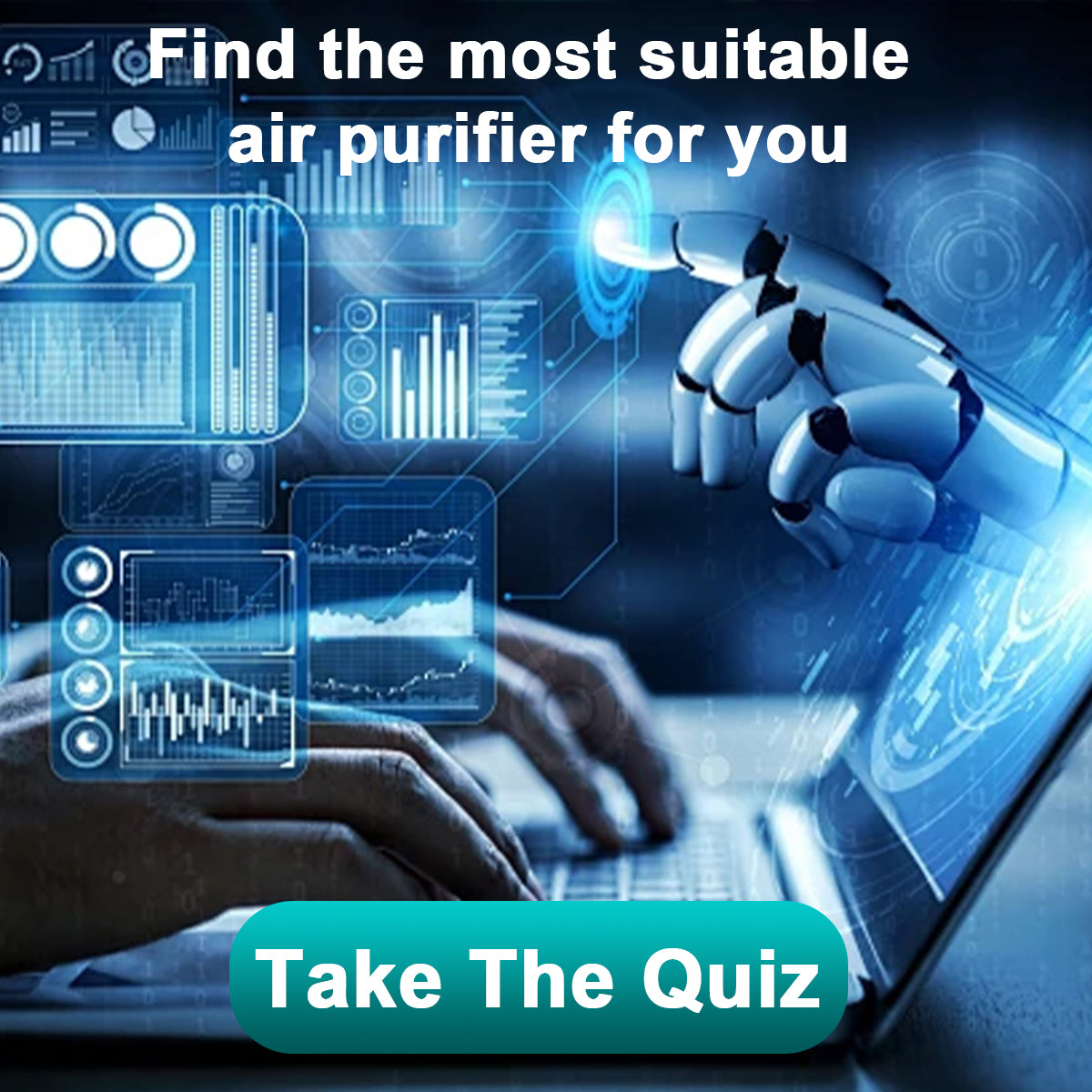
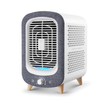
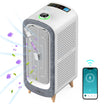
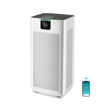
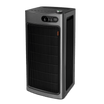
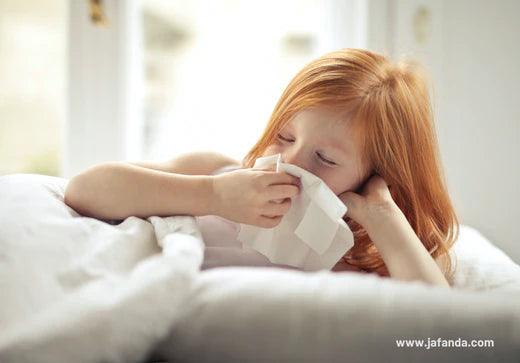
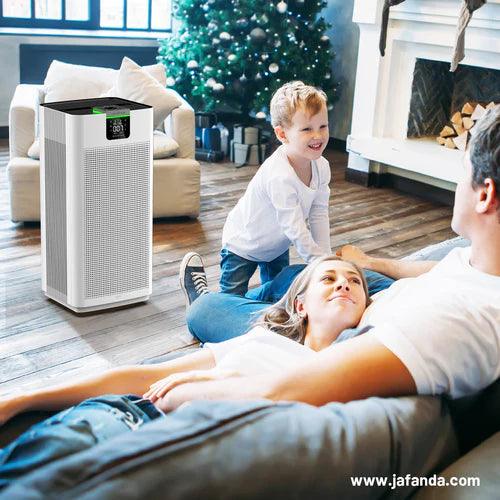
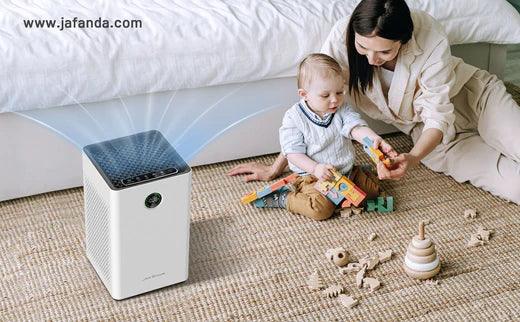
Leave a comment
All comments are moderated before being published.
This site is protected by hCaptcha and the hCaptcha Privacy Policy and Terms of Service apply.